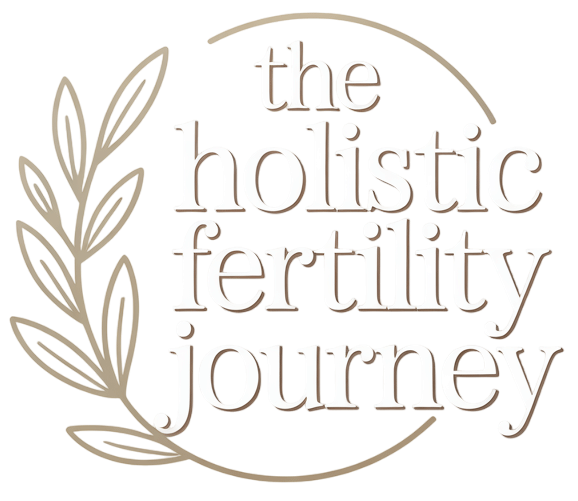The Takeaway: Omega-3s as Part of Fertility Self-Care
The science is clear that omega-3 fatty acids play a significant role in reproductive wellness for both women and men, from supporting hormone balance to protecting egg and sperm quality and creating a healthy environment for conception. The evidence is especially promising for those struggling with inflammation, irregular cycles, or sperm quality concerns.
No supplement guarantees immediate results, but thoughtfully including omega-3-rich foods—and, if needed, carefully chosen supplements—can be a meaningful act of self-care on the fertility journey. Make changes at a pace that feels right, listen to your body, and seek out information or support when you need it. Every nourishment—big or small—counts on this path.
References:
- Harvard T.H. Chan School of Public Health. Omega-3 Fatty Acids: An Essential Contribution.
- Fertility and Sterility, 2012 & 2018. "Dietary Fat Intake and Reproductive Function."
- Journal of Clinical Endocrinology & Metabolism, 2018. "Serum omega-3 fatty acids and time to pregnancy."
- Reproductive Biology and Endocrinology, 2020. "Omega-3 supplementation and IVF outcomes."
- European Food Safety Authority. "Advice on Omega-3 Fatty Acid Intake."
- FDA. "Advice about Eating Fish for People Who Are or Might Become Pregnant" (2023)
